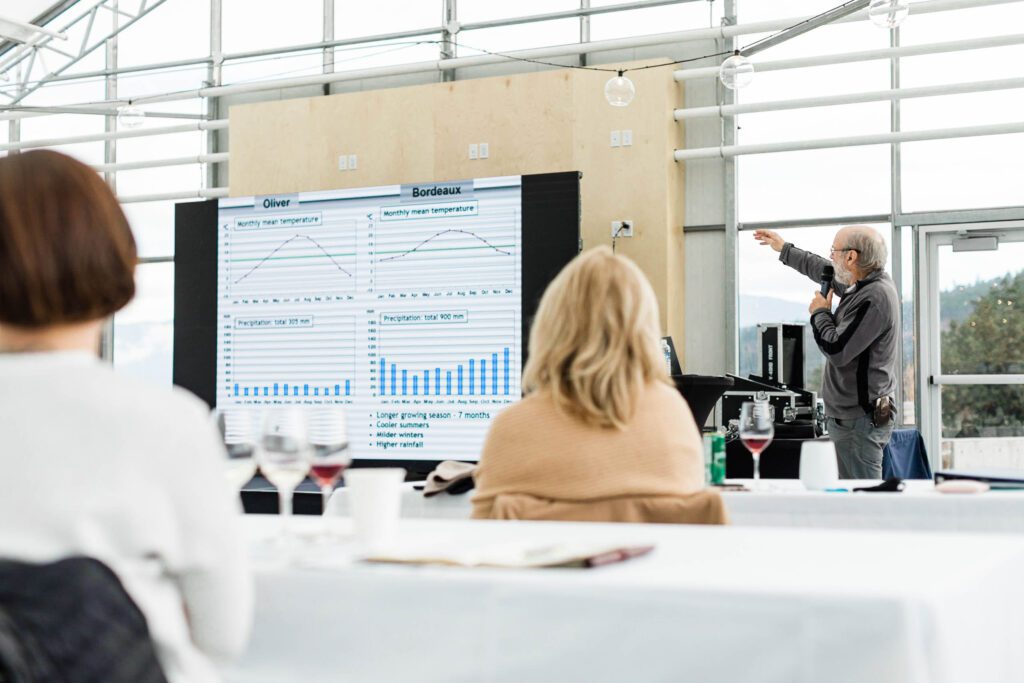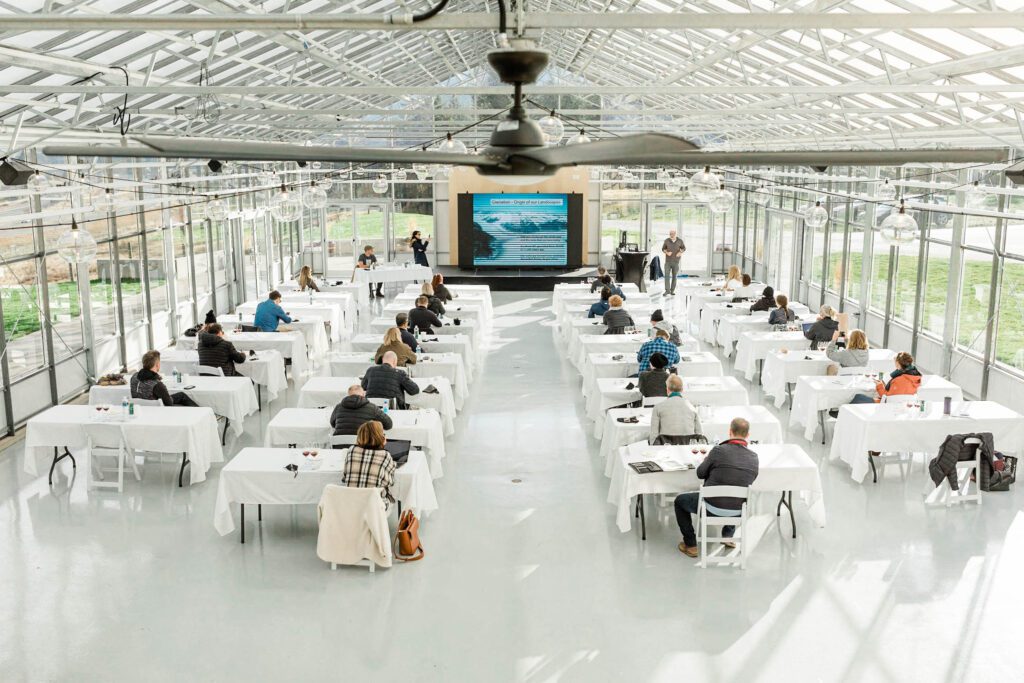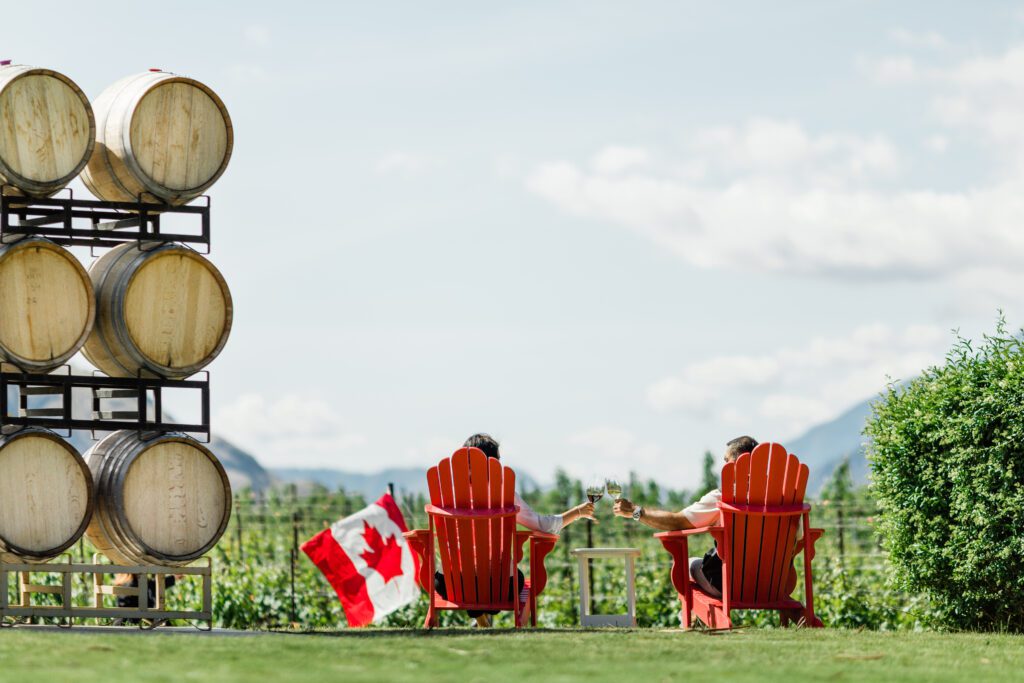Mandate: To align the BC wine grape industry with evolving consumer preferences and market dynamics by enhancing market intelligence, strengthening coordinated promotional efforts, and supporting the development of strategies that reflect the diversity, sustainability, and quality of BC wine.
Goal Statement: By 2027, BC’s wine grape industry will present a unified, clearly defined identity that celebrates regional diversity while showcasing a strong provincial brand. This identity will integrate sustainability, emphasize the value of buying local, and be backed by trusted quality indicators. Success will be driven by shared market intelligence, coordinated consumer engagement, and collaborative trade strategies, positioning BC wine as a premium, in-demand choice across British Columbia, throughout Canada, and in select international markets.
Working Group Members:
- Severine Pinte, Le Vieux Pin / LaStella (Advisory Committee Liaison)
- Jennifer Carter, JoieFarm
- Erin Korpisto, Co-Ferment Management
- Amy Kneller, Thompson Okanagan Tourism Association
- Kelly Josephson/Kim Barnes, Wine Growers BC
- Travis Bell, Andrew Peller Ltd.
- Danielle Robinson, Okanagan College
- Andrew Forsythe, L’Abbatoir
- Lisa Haley, Boulevard / Sutton Place Wine Merchants
Supported by the Program Delivery Team:
- Abbie Morris, Program Manager
- Lindsay Kelm, Communications Manager
- Kate Durisek, Host Committee Liaison





